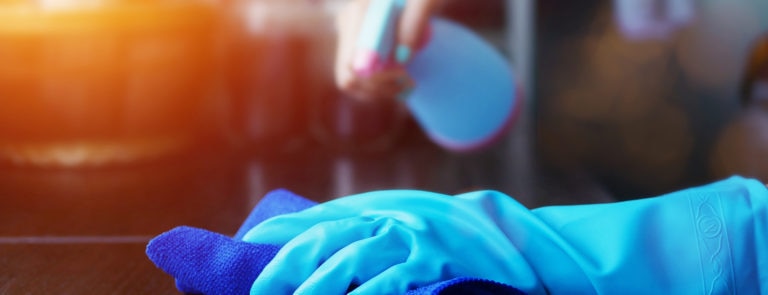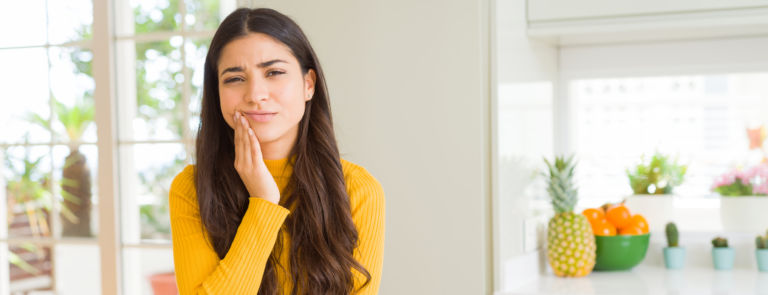15% off €35 OR 20% off €45
Code:CHOOSE
Coronavirus: How to disinfect your house

How to disinfect your house and help to stop the spread of coronavirus (COVID-19) if someone you live with gets the infection
If you live with somebody who has been showing symptoms of COVID-19, giving your house a good clean is one of the best things you can do to keep you and the rest of your family safe. Read our guide below to see how you can do just that.
Disinfect those high-touch surfaces
It’s already been drilled into us to avoid touching our faces as this is one way COVID-19 can spread. This is because coronavirus is released into the air when an infected person coughs or sneezes that can come to rest on surfaces. An infected person could also cough or sneezes into their hands and touch surrounding surfaces! So, it only makes sense to disinfect the surfaces in your home, like door handles, kitchen surfaces, toilets, phones, light switches, etc. The virus can survive for hours – so killing those germs and stopping them from spreading is essential, and here’s how to do it:- Pop on some disposable gloves and an apron if possible, and make sure you clean your hands with soap and water for at least 20 seconds immediately after you remove them.
- Use either soap and hot water to rinse the germs away or a disinfectant to kill them.
- Make sure you dry surfaces like chopping boards and worktops thoroughly after cleaning. Dampness helps germs to survive and if there is water left over, multiply.
- Clean germ hotspots regularly after you use them, especially communal bathrooms - don’t just leave it to a once-a-week deep clean.
- Pay particular attention to baths, showers, sinks and toilets if they have been used by somebody who is ill –use disinfectant frequently.
Other tips on how to lower the risk of spreading the infection:
As well as keeping your house clean, here are some other ways you can reduce the risk of you and your other family members spreading the infection:- Make sure everybody coughs and sneezes into a tissue and throws the tissue away into rubbish bags that are tied shut. Wash hands with warm water and soap for at least 20 seconds immediately after, or use hand sanitiser if this isn’t possible
- Use a different bathroom if possible – and if you do use the same bathroom, clean all the surfaces you have touched using disinfectant afterwards
- Use disposable cloths or paper towels when possible
- Do not share a bed, if possible
- Do not use the kitchen at the same time
- Use a dishwasher if possible, or use a different tea towel to dry each person’s items
How to clean your cleaning tools:
- Make sure cleaning equipment like cloths and mops are properly cleaned and disinfected after use or they could spread germs onto other surfaces.
- Wash washing-up brushes in a dishwasher or clean with detergent and warm water after use
- Always use two buckets for mopping floors – one for detergent and one for rinsing. Clean and dry each bucket after use
Put a load on
Clothing, towels and bed linens need to be washed too, you just need to be a little more careful and make sure you’re taking sensible measures to avoid spreading germs. Here’s how:- Wash your hands after handling dirty laundry
- Do not shake dirty washing before putting it into the washing machine
- Towels, underwear and household linen should be washed at 60°C or at 40°C with a bleach-based laundry product to stop germs from spreading
- Don’t leave any laundry in the washing machine, as any remaining germs can rapidly multiply



